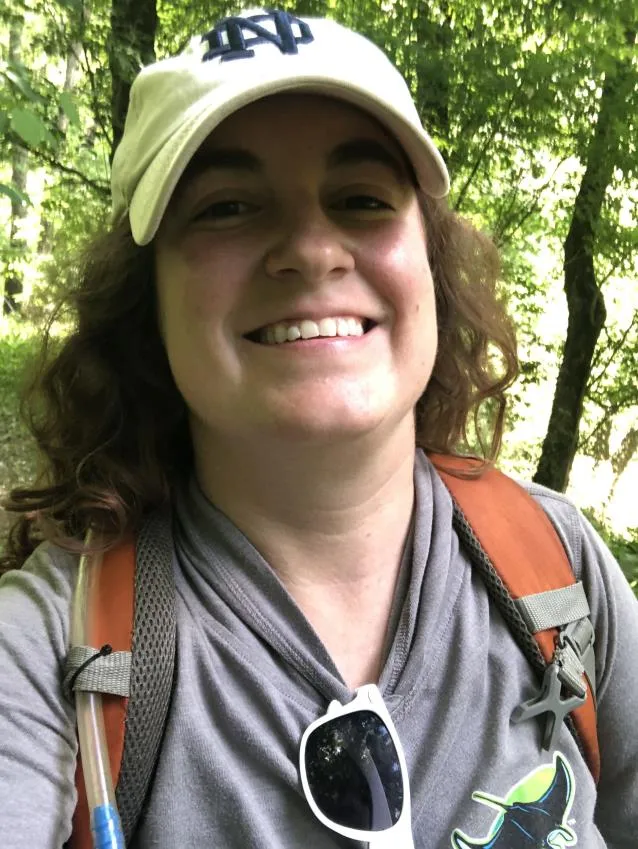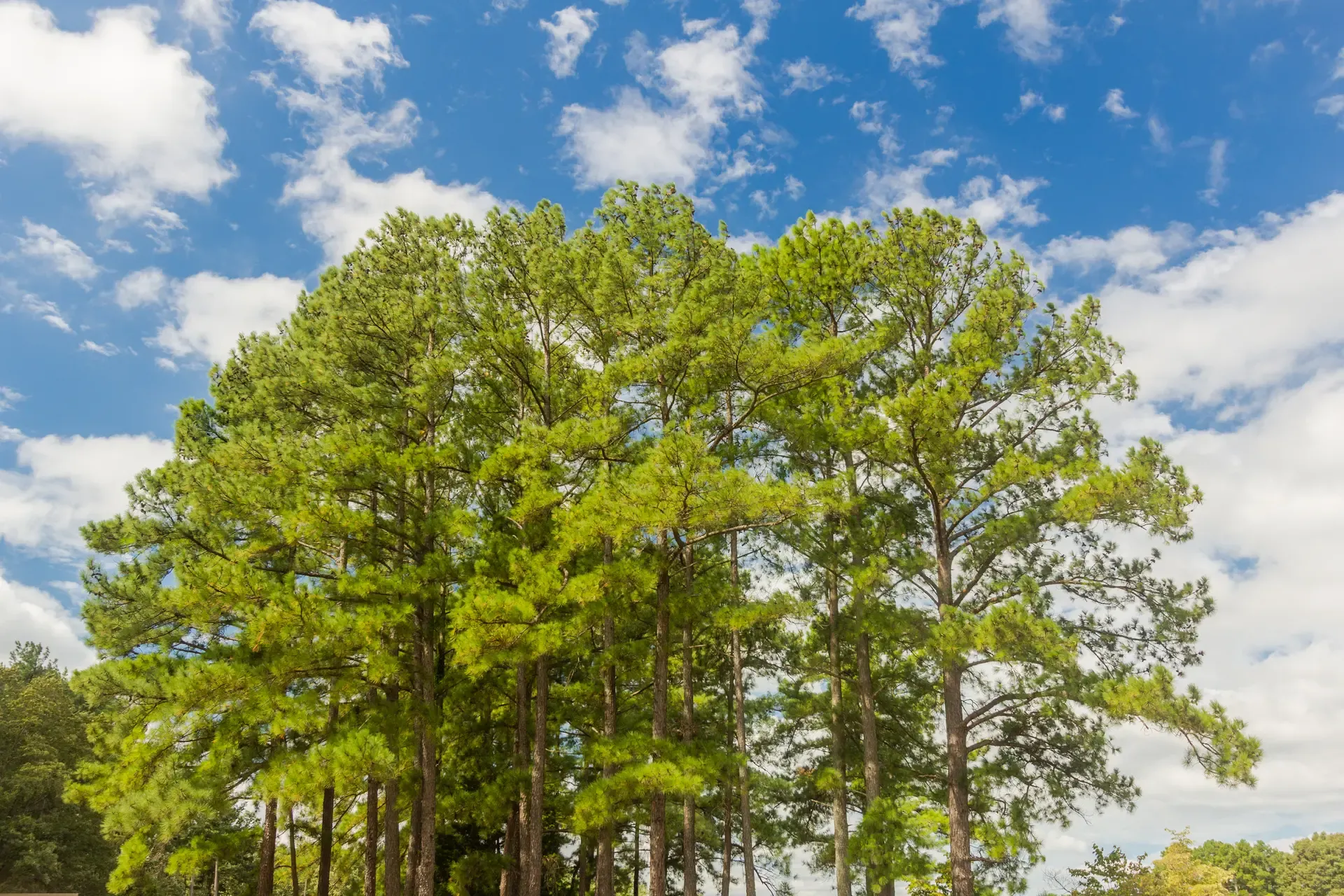COP27: Advocating for America’s Family Forest Owners

Starting this week, Egypt is hosting the 27th United Nations Climate Change Conference, commonly referred to as COP27, in Sharm El-Sheikh with the theme “Together for Implementation.” This year, the American Forest Foundation is proud to send its first delegate.
We must accelerate the pace of progress and mobilize ambition into action today to avoid irreversible damage to society and our biosphere. This means unlocking the potential of all carbon sequestration opportunities, including those presented by family-owned forestland in the United States.
According to the latest U.N. report, current climate pledges of countries under the Paris Agreement put the world on track for 2.5 degrees Celsius of warming by the end of the century. We must accelerate the pace of progress and mobilize ambition into action today to avoid irreversible damage to society and our biosphere. This means unlocking the potential of all carbon sequestration opportunities, including those presented by family-owned forestland in the United States.
It is a critical moment in time.
AFF is attending COP27 this year to advocate for the substantial opportunity that new policies and commitments offer to the voluntary carbon market, nature-based solutions and American family forest owners. To do this, we intend to engage stakeholders at the international level, advance carbon integrity and share news of our innovative work in the Family Forest Carbon Program.
COP27 is an opportunity for GFANZ members to accelerate their decarbonization efforts and double down their commitments for green investment.
Within the private sector, the voluntary carbon market continues to grow at an exponential rate and increased financing from private institutions is needed to support this growth. Last year, at COP26, the Glasgow Financial Alliance for Net Zero was created, bringing together over 550 private actors in the finance sector representing over $150 trillion in assets to achieve net-zero goals and increase capital investments in carbon projects. GFANZ members recently developed a Financial Institution Net-Zero Transition Plan framework that details how institutions can align with science-based targets and deliver scaling investments to organizations developing climate solutions. COP27 is an opportunity for GFANZ members to accelerate their decarbonization efforts and double down their commitments for green investment.
AFF will also closely monitor developments to the Paris Agreement’s Article 6 Rulebook, which was finalized at COP26 but has yet to be put into action. Article 6 harnesses the power of international cooperation and the private sector to create an international carbon market, but details on how countries report their trades and how carbon registries should account for them still need to be worked out.
This year takes on a new direction — now, it’s about how the global community can work together to implement action and accomplish the climate change goals we’ve collectively committed to.
We are also keeping an eye on how international negotiations might catalyze the U.S. government to increase its support for U.S. carbon programs, forest initiatives and American family forest owners, including the financing of U.S.-based market solutions. For example, the recently passed Inflation Reduction Act provides $450 million to the U.S. Forest Service to provide forest-carbon grants to private, underserved landowners, but the details of how this funding will be spent and implemented remain unclear.
At the end of these few but critically important weeks here in Egypt, we hope that civil society and government officials make true of what’s been said in the past. Past COP events focused on what the global community can agree upon. This year takes on a new direction — now, it’s about how the global community can work together to implement action and accomplish the climate change goals we’ve collectively committed to.
For more information about the Family Forest Carbon Program and partnerships that achieve vital social, economic and environmental outcomes, support American communities and forest health, and neutralize residual emissions with verified carbon credits, please visit familyforestcarbon.org.
Related Articles

July 3, 2025
AFF CEO Statement on Passage of Reconciliation Bill
Federal support of family forest producers, through tax provisions and conservation programs, provides some of the tools they need to strengthen local economies while improving the health and productivity of our nation’s woodlands.

July 1, 2025
Forester Spotlight: Sarah Cawood
We’re excited to highlight Sarah Cawood, a dedicated forester with the Family Forest Carbon Program (FFCP) who brings enthusiasm, experience, and a strong commitment to conservation to her work.

June 3, 2025
Why Wildlife Loves Loblolly—And How These Pines Can Benefit Your Land
A quiet stretch of pine trees can offer more than just scenery—it can provide vital habitat for wildlife across every season. Loblolly pine, the most common native tree species in the Southeast, plays a particularly important role in creating habitat for a wide variety of game and non-game species, from wild turkeys and rabbits to songbirds and squirrels.